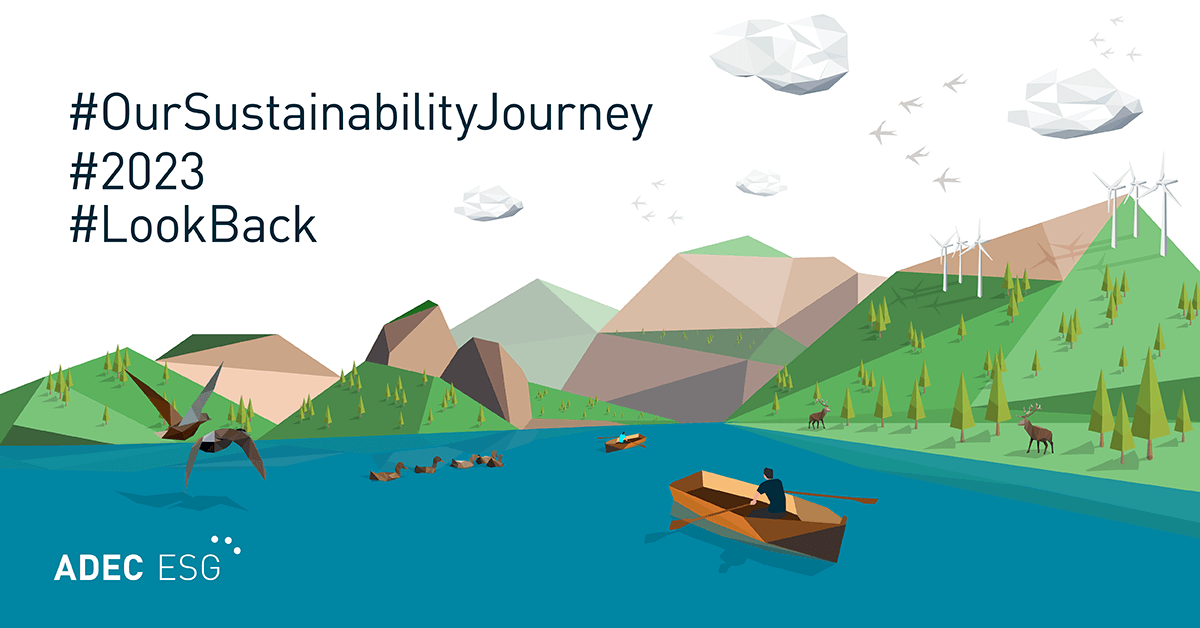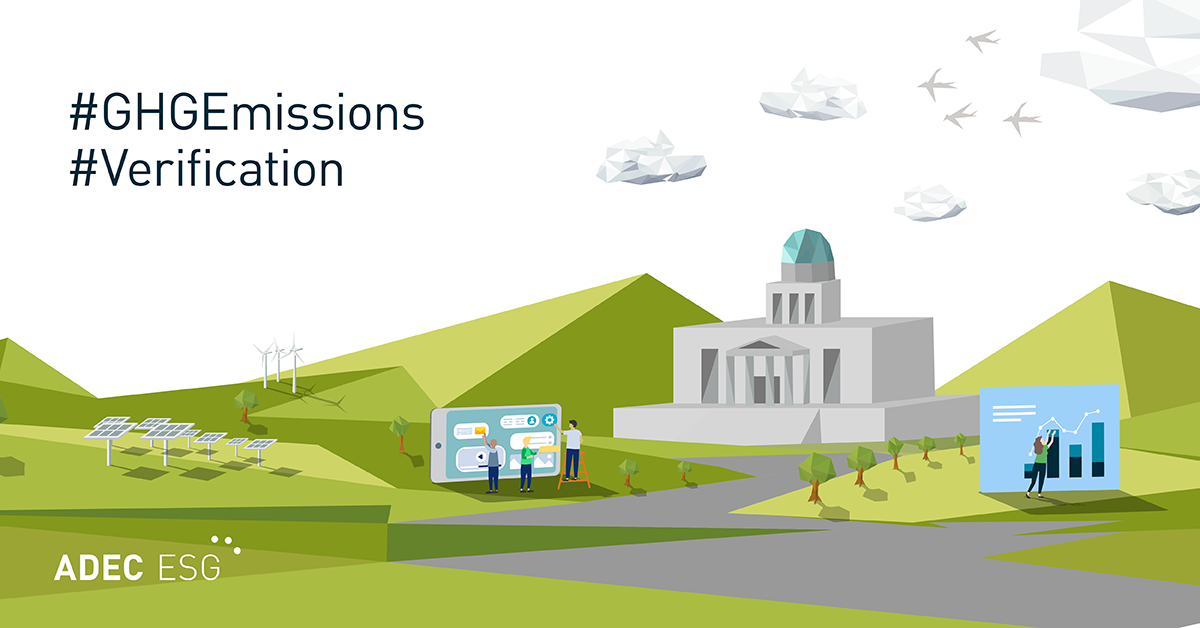The following article is part of the ongoing Sustainability Matters series on the FirstCarbon Solutions (FCS) blog, which focuses on those who share a commitment to sustainability, the environment and our planet. The series concentrates on companies and organizations that conduct routine, everyday business in an exceptional, sustainable manner as well as those offering unique products and services in a sustainable fashion. FCS hopes that the Sustainability Matters series can open eyes and put a spotlight on those striving to make a difference.
Like many other people, my morning doesn’t officially start until that first cup of coffee. Whether at home or work, it is my constant morning companion. This morning routine started in college, where a cup of coffee supplemented late nights writing research papers, studying for midterms, and working swing shifts. At that time, I’d make do with pretty much anything from the $4 cup from the corporate coffee shop to the $1 cup from the corner convenience store. However, as the years progressed and late night cram sessions turned into 2:00 a.m. bottle feedings, my tastes have refined, as have my appreciation of a good cup of coffee. But along with refined tastes have come a greater social and environmental conciseness.
Much has been made recently of fair trade coffee, and rightfully so. Coffee is a major global trade commodity. As such, it is crucial to the economies and politics of these developing countries, and for many of these nations, exports of coffee account for more than 50 percent of their foreign exchange earnings. However, similar to other valuable commodities that are sourced in developing countries, the cultivation of coffee has been heavily scrutinized because of the lack of social equality and environmental oversight that has plagued coffee farming. According to the Fairtrade Foundation, the majority of the world’s coffee is produced by smallholder famers located in developing nations who lack access to both business credit and formal education, which makes them extremely vulnerable to middlemen offering cash for their coffee at a fraction of its value.
To combat this injustice, fair trade organizations throughout the world help these small-scale farmers obtain a fair market value for their product, connecting farmers directly with importers while helping to foster long-term sustainable cultivation operations. The overarching objective of this process is to help the farmers earn better incomes, which allows them to have better control of their land and invest in higher-quality, and hopefully more environmentally friendly, cultivation practices.
While fair trade coffee is a huge step in the right direction, it still only addressed one piece of the coffee supply chain. After being planted, farmed, and sold to importers, the coffee beans still need to be processed and prepared for consumers. Once imported and transported, the beans require roasting, a process that can consume substantial amounts of energy and resources, especially when considering that Americans are the world’s biggest consumer of coffee. While some smaller independent operations might be able to process their coffee using sustainable practices, it is more difficult and costly to scale these practices to larger businesses.
Nonetheless, Peet’s Coffee & Tea, which produces 60,000 to 90,000 pounds of roasted coffee beans each week, has done just this. Peet’s, which began as a single coffee shop in Berkley, California in 1966 and has grown to encompass nearly 200 stores throughout the U.S., set out to design and construct a roasting plant capable of producing large volumes of roasted beans while minimizing their carbon footprint. Shortly after opening their $30 million, 138 square feet roasting plant in Alameda, California in 2007, Peet’s sought and earned LEED Gold certification for the facility. Some of the measures that Peet’s implemented at the roasting plant were typical of other LEED operations – energy efficient lighting, recycling construction debris, drought-tolerant landscaping, low-VOC building materials, encouraging the utilization of alternative transit – while other features that were incorporated were more unique to their operations.
In particular, Peet’s designed two of its four roasters, which can reach temperatures of up to 550 degrees for roasting and 1650 degrees for burning off gases and aromas created by roasting, to capture and reuse heat traditionally lost during the roasting process. This measure alone managed to reduce their use of natural gas by upwards of 40 percent. Additionally, to encourage employees to ditch their cars and bike to work, Peet’s roasting plant contains showers and locker rooms, which bicycle riders can use to freshen up after their morning commute.
In all, the sustainable features that Peet’s incorporated into the design, construction, and operation of their roasting facility added only a nominal amount – roughly two to three percent – to the project’s overall cost. Like other LEED-certified projects, Peet’s can expect a return on investment – primarily in the form of reduced utility bills – on these modest upfront costs in a matter of years. Of course, showing the coffee industry that sustainability matters, and that it doesn’t simply stop at cultivation, may ultimately prove to be much more valuable.
FirstCarbon Solutions is a world-wide provider of environmental sustainability business solutions to help you reduce resource usage and associated cost, thus resulting in environmental and bottom line benefits. FCS offers a variety of utility account auditing services to help you reduce your energy, water, and other utility costs, ensuring that you improve your bottom line as you lessen your environmental impact. To learn more, contact us today.




